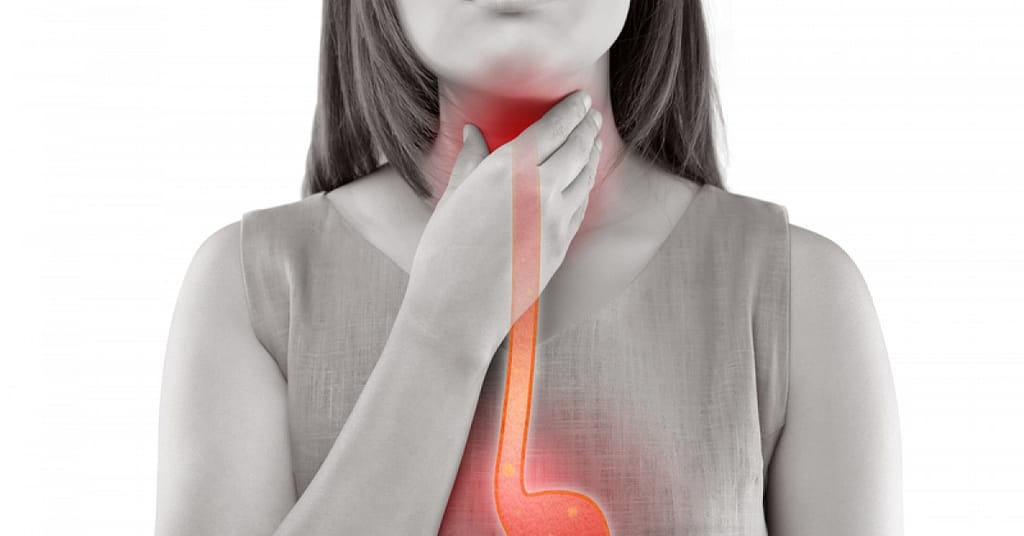(Carrick Pharmacy News) If you’re among the 1 in 5 people in the United States who have acid reflux disease, read on for everything you need to know about this condition.
Gastroesophageal reflux (GER) goes by many names — acid indigestion, acid reflux, acid regurgitation and heartburn, for example. It happens when substances from your stomach travel backward and up into your esophagus.
It’s normal to have acid reflux every once in a while. But for some people, acid reflux occurs more frequently and is part of a more serious and chronic condition called gastroesophageal reflux disease (GERD). When acid reflux happens more than twice a week for a long period of time, it might be a good idea to see your doctor to be evaluated for possible GERD.
Who is at risk for acid reflux?
About 20 percent of people in the US have GERD. While anyone can have this condition, some people are more likely to have it than others. Being overweight or obese increases your chances, as well as smoking or being exposed to large amounts of second-hand smoke.
Pregnant women are also more prone, and even certain medications can contribute to developing GERD. Examples of these medications include asthma medications, calcium channel blockers for high blood pressure, antihistamines for allergies, painkillers, sedatives used for sleep and antidepressants.
What are the symptoms of acid reflux?
Heartburn is a common symptom of GER and GERD. It’s the sensation of burning in the middle of your chest and stomach. People with GERD may also have foul breath, nausea, vomiting, trouble breathing, trouble swallowing and erosion of the teeth.
If your vomiting comes in large amounts, is projectile or has a strange appearance (green or yellow, looks like coffee grounds or contains blood), call your doctor right away. You should also call your doctor right away if you have pain and difficulty swallowing, pain while eating or trouble breathing after vomiting.
How is GERD treated?
Treatments for GERD depend on how bad the disease is. They include lifestyle changes, medications and surgery.
Lifestyle changes include the following:
- Losing weight (if needed)
- Quitting smoking
- Not wearing tight clothes
- Avoiding greasy and spicy foods and alcohol
- Eat smaller meals
- Avoid overeating
- Not lying down for three hours after a meal
- Raising the head of the bed when sleeping
Over-the-counter or prescription medications may be used to treat GERD. Always let your doctor know what you are taking and if your symptoms do not go away during treatment. Your health care provider will determine the best treatment for you.
Medications for GERD include but are not limited to the following:
If GERD is not well-controlled with lifestyle changes and medications, your doctor may perform surgery to help prevent backflow of food and acid contents into your esophagus.
Untreated GERD can have serious consequences. Speak with your health care provider about how best to treat GERD.



